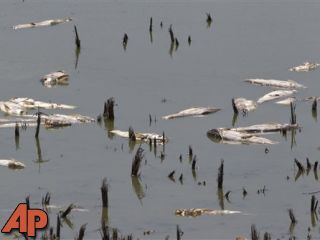(RTTNews) - The city of Dallas declared a state of emergency this week after a particularly bad wave of the West Nile virus was cited in the deaths of 26 Americans this summer. Nearly half of the 693 cases reported nationwide this year have been in the state of Texas alone.
Dallas Mayor Mike Rawlings personally took the blame for the outbreak in an official statement saying, "I want to take the politics out of it. I want to say this is my responsibility. I will take the heat for it."
To quell the outbreak, Rawlings approved the use of aerial sprays to kill mosquitoes and other potential carriers of the illness, marking the first time in nearly 50 years the county has resorted to spraying to keep an illness at bay.
The spraying began late Thursday night and will cover around 49,000 acres in a dozen cities or more in Dallas county. Of the 230 cases of confirmed West Nile virus this year, more than half were reported in Texas.
"I cannot have any more deaths on my conscience because we did not take action," Rawlings said.
According to the CDC, of the nearly 700 cases, over half reported displaying symptoms of neuroinvasive disease (such as meningitis or encephalitis). Over 80 percent of the cases were reported in only six states - Texas, Mississippi, Louisiana, Oklahoma, South Dakota and California.




